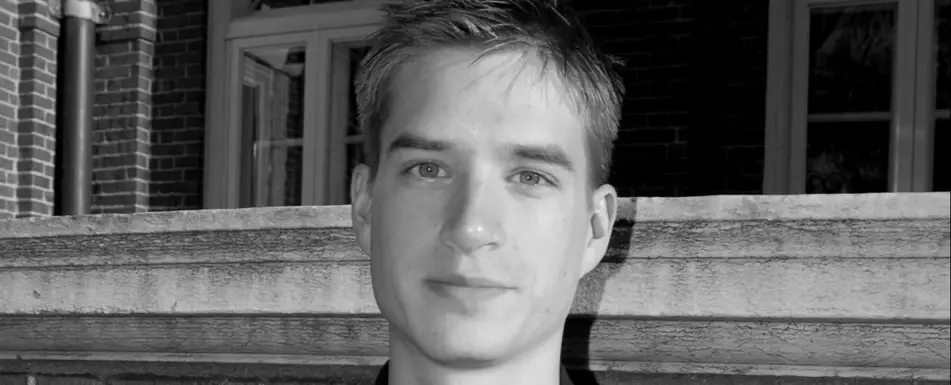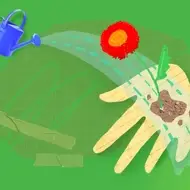Is Passion Enough? Avoiding Compassion Fatigue in Social Impact

When it comes to finding a social-impact career, many of us spend time trying to answer big questions: What’s my passion? What kind of work do I want to do? What cause am I interested in?
These are all great thoughts to have when searching for a new role, they can sometimes cause us a lot of stress, particularly when we search out a career that puts us in a helping role for other groups or communities.
In these roles, the repetitive outreach can drain our emotional reserves; it’s easy to forget that our bodies, minds, and souls require nourishment. For those of us in the helping professions, the path to sustenance is paved by the practice of self-care (and no, this doesn’t mean simply taking a warm bath at night, although those are nice, too). Instead, it's about being mindful of compassion fatigue and taking steps to prevent burnout well before it happens.
To explore this a bit further, we interviewed Cal Newport, a Washington, DC-based writer and assistant professor of computer science at Georgetown University. He is the author of Study Hacks, a blog that dishes up thoughtful commentary on the themes of success and leading a meaningful life.
In this interview he addresses the importance of expertise, the difference between mission-driven and passion, and how to make the best use of your time to increase your impact.
Finding a purpose-driven career, and being mindful of compassion fatigue
Idealist: Is there a difference between pursuing a mission driven career (i.e. committed to a cause or impact) and pursuing a passion? If so, how would you make that distinction?
Cal Newport: There is an important difference between pursuing a mission-driven career and pursuing a passion. The former doesn’t require you to figure out in advance what kind of mission will drive you. It is, instead, a commitment toward pushing your work toward something purposeful and important. The latter, by contrast, requires that you have figured out something in advance that you really want to do—which is rarely effective, especially for young people who don’t yet have much exposure to the world.
Idealist: You’ve written about psuedo-striving/busyness and how this actually stops people from being productive and successful. Why do you think people get caught up in this and how can people break through it, especially if we are trying to address issues that seem insurmountable?
Cal Newport: Pseudo-striving is that state you get in when you fill your whole day doing *stuff*, usually on the computer, that isn’t really pushing yourself to get better at your core skills. As a writer, for example, I could easily spend a full day monkeying around on twitter, and launching web projects, and tweaking WordPress. What really matters, however, is the longer term work of carefully researching and crafting prose — trying to make each project better than the last.
Signs of compassion fatigue
Idealist: A common thread in your writing is the importance of simplifying and focusing work to achieve excellence and impact. Do you think people and organizations tackling big social issues like poverty, for example, can apply the same methods? How can they avoid compassion fatigue and burnout along the way?
Cal Newport: Absolutely. The best ideas tend to come from people with the most specialized expertise in the problem. This argues that if you want to make an impact, don’t start with the big idea, but instead start with the big commitment to immerse yourself in a problem you think needs solving. Don’t force the idea. Force yourself instead to develop your skills.
In terms of compassion fatigue, well that's an issue that those of us in passion-driven careers often face, particularly in social impact. You want to help people, but how can you make sure you're also helping yourself?
Take care to be aware of the signs of compassion fatigue. Are you working longer than your set hours? Set up a firm boundary with your manager (and yourself!) to stop working or ask for more help on a project. Are you mentally or emotionally exhausted after work? Process your thoughts by journaling or some other way to truly feel your feelings.
In the end, combatting burnout requires us to take a hard look at our careers and identify when our passion for helping no longer serves us. Taking steps to correct those situations so you do not have to give up a career you love is important.
Cal’s latest book, “So Good They Can’t Ignore You: Why Skills Trump Passion in the Quest for Work You Love,” is arriving on bookshelves on September 18th. Learn more and order your copy.
I have 20 years of experience in nonprofit and government technology spaces, with a longstanding commitment to creating useful programs and products in mission-driven organizations.






